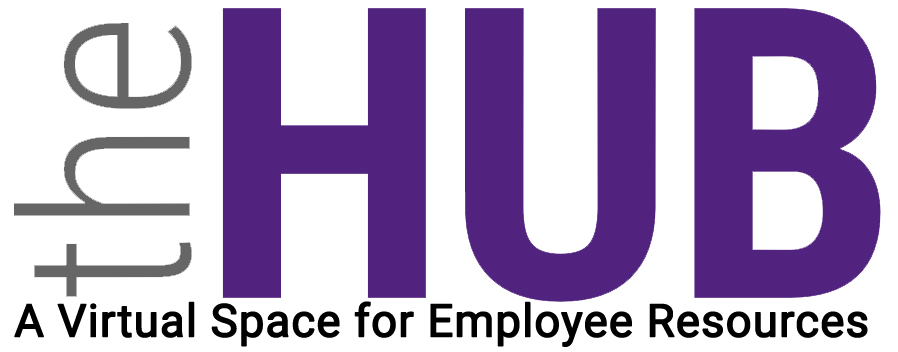Introduction
“45% of all LinkedIn Premium jobs posted within the past three months mention the importance of communication skills. And more than 61% of professionals say soft skills in the workplace are just as important as hard skills” (Zhu, 2022, para. 3). In a complex and interconnected society, soft skills offer key personal attributes that allow us to excel personally and interpersonally, including time management, communication, adaptability, problem-solving, and teamwork.
The Role of Education in Developing Soft Skills
Contrary to the outdated assumption that soft skills are primarily developed outside educational settings, contemporary educational institutions recognize their vital role in nurturing these skills. “Hard skills are job-related competencies and abilities necessary to complete work, while soft skills are personal qualities and traits that impact how you work. Hard skills are often specific to a certain career; soft skills are transferable to any job” (Walden University, 2023, para. 1). Both are crucial for a successful career, but soft skills enable effective teamwork and communication in every professional environment.
Integrating Soft Skills in Education
Not all educational institutions have recognized the need for soft skills development, leading to varied proficiency levels among students (American Psychological Association, 2017). To address this, educators must meet students where they are, providing tailored feedback and learning opportunities. For instance, Montgomery College’s microcredential program showcases a successful integration of soft skills training: “The Student Employee Badge recognizes students’ abilities and provides a comprehensive framework for growth in key competency areas, symbolizing the student’s commitment to career preparedness” (Montgomery College, 2023, para. 1).
Research and Soft Skills
It is essential to base our understanding of soft skills on solid research. According to the ManpowerGroup’s 2023 infographic, the top five soft skills that employers are seeking most in the digital age are reliability and self-discipline (29%), creativity and originality (26%), critical thinking and analysis (26%), reasoning and problem-solving (26%), and resilience & adaptability (26%) (ManpowerGroup, 2023) . This data highlights the importance of soft skills in the workplace. These skills are increasingly recognized as key drivers of job performance and success in a technologically evolving landscape. In today’s job market, cultivating a blend of these soft skills is just as critical as developing technical competencies.
Personal Journey with Soft Skills
Reflecting on my experiences as a student, developing soft skills has been a challenge and a learning experience. I sometimes struggle with communication and time management due to diagnosed anxiety and a lack of practice. For example, I find it hard to converse through emails stemming from a deep-rooted fear of formal conversation in an environment that does not match my needs. While I still struggle with soft skills, the continued emphasis and growing recognition of the importance of these skills have helped me make changes. I have worked to manage my time more effectively by setting clear priorities and deadlines. I have enhanced my communication skills by actively participating in group projects and seeking feedback in person. This personal growth journey is a work in progress. However, it has taught me the value of perseverance and adaptability, highlighting that soft skills development is a continuous process vital for personal and professional growth.
Diversity in Soft Skills Training
Faculty must adopt teaching strategies that connect to the backgrounds of all students. This means actively acknowledging and integrating varied cultural narratives, learning approaches, and life experiences each student brings to the classroom. Doing so enriches the learning experience and ensures students can see themselves in their classes. Embracing diversity in teaching is a step in creating a space where every student can thrive, share their voice, and sharpen skills like communication and teamwork in authentic ways. It is about crafting a classroom environment that does not just teach soft skills but celebrates them within every culture’s unique context.
Actionable Strategies for Educators
Practical strategies such as peer-review exercises and group collaborations for communication skills and time-management workshops can significantly enhance soft skills learning. Programs like the STaR Network serve as exemplary models, offering targeted training that educators can integrate into their curricula.
Conclusion
Soft skills are essential in creating well-rounded and successful students in modern education. Their continued integration and emphasis on college curriculum better prepare students for future careers in an ever-expanding and competitive work environment.
Written by Evan Miller, a student at McDaniel College
References
American Psychological Association. (2017). The soft skills college students need to succeed now and in the future.
https://www.apa.org/ed/precollege/psn/2017/09/soft-skills
ManpowerGroup. (2023). 2023 global talent shortage. [Infographic].
https://go.manpowergroup.com/hubfs/MPG_TS_2023_Infographic_FINAL.pdf
Montgomery College. (2023). Student employee badge.
https://www.montgomerycollege.edu/_documents/offices/elite/student-employee-rubric.pdf
Walden University. (2023). What is the difference between hard skills and soft skills?
https://lifelonglearning.waldenu.edu/resource/what-is-the-difference-between-hard-skills-and-soft-skills.html#:~:text=Hard%20skills%20are%20job%2Drelated,to%20any%20type%20of%20job.
Zhu, S. Z. (2022). Softskills are more important than hard skills. LinkedIn.
https://www.linkedin.com/pulse/softskills-more-important-than-hard-skills-sara-z-zhu
